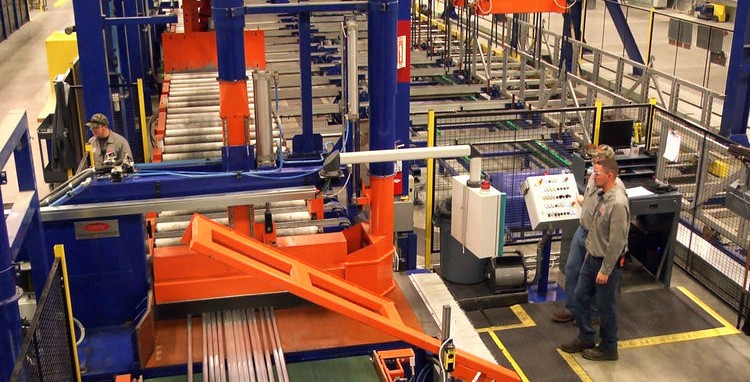What’s wrong with this statement, that I have lifted from the Jakarta Globe Newspaper’s website?
China’s Shandong Nanshan Aluminum had allocated at least $5 billion to build a facility to process bauxite in Bintan, Riau Islands, Industry Minister M.S. Hidayat has announced.
“They already started the project with a purchase of 1,000 hectares of land,” the minister said after a meeting with the company’s president on Wednesday. “They will also build a port there,” he added.
Shandong Nanshan Aluminum president Song Jianbo said construction began earlier this month and would be completed within three years.
It all sounds very exciting, with money laid down, land purchased and construction started. The problem with this news item is that it is dated October 17, 2013. There has been precious little information about the project since then.
So it was with some skepticism that I read a report in the Jakarta Globe dated December 4, 2015, announcing pretty much the same thing. The alumina plant would still produce 2.1 million tonnes of alumina, the smelter would have a capacity of a little over 500,000t and the project would be completed in 3 years. Nanshan’s Chairman Mr Song has now resigned and the company has a new Chairman, but it still has the same plans.
Indonesia has been looking for Chinese investment in bauxite processing since before the ban came into place almost 2 years ago. At the time, there were 5 - 6 companies said to be investing in building refineries, though only Hongqiao has moved forward.
Since then, there has been a couple of peaks in the waves of rumours about Indonesia softening the export ban. From an Indonesian perspective, could this recycled press release be a way of assuaging those who want the ban lifted? The raw economics always made good sense - one Indonesian economist told me there would be a 4-fold boost to the local economy by forcing bauxite to be processed in-country. But there are also those who point to Indonesia’s sagging economy and say that the time is not right to stop exports. The original plan to ban exports was based on the unsound premise that the Chinese would have no choice but to invest in alumina assets. Malaysia and now Guinea have proven that logic wrong.
From a Chinese perspective, the announcement is good for Nanshan’s share price. The company is listed on the Shanghai stock exchange, and is currently trading just a whisker off its 12-month lows. Whether investors will be heartened by a recycled news story is another question.
By the way, there is no suggestion here of plagiarism by the Jakarta Globe. The two stories they ran are quite different, and last week’s story raises questions about why there has been no progress in 2 years.




No comments
Be the first to leave a comment.